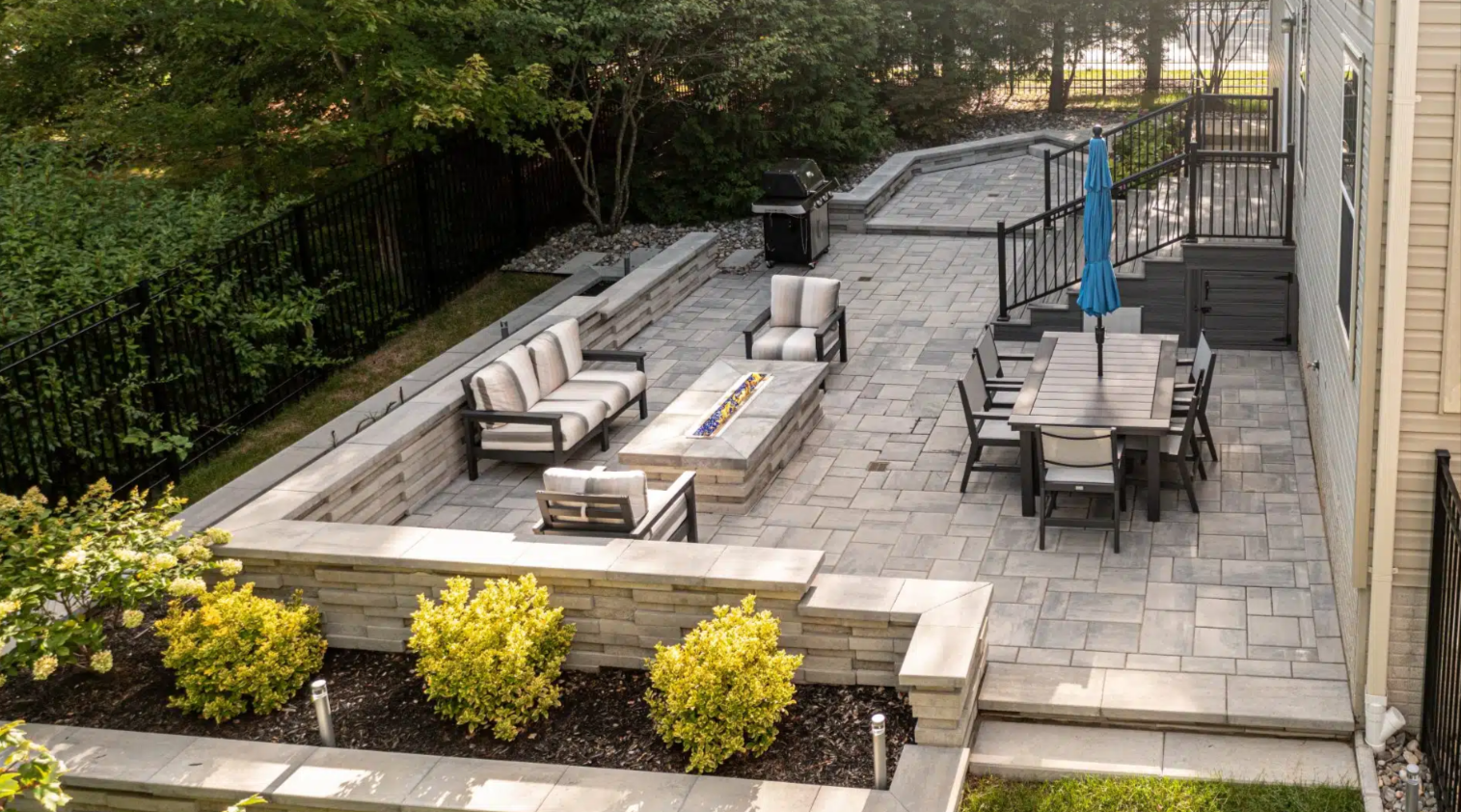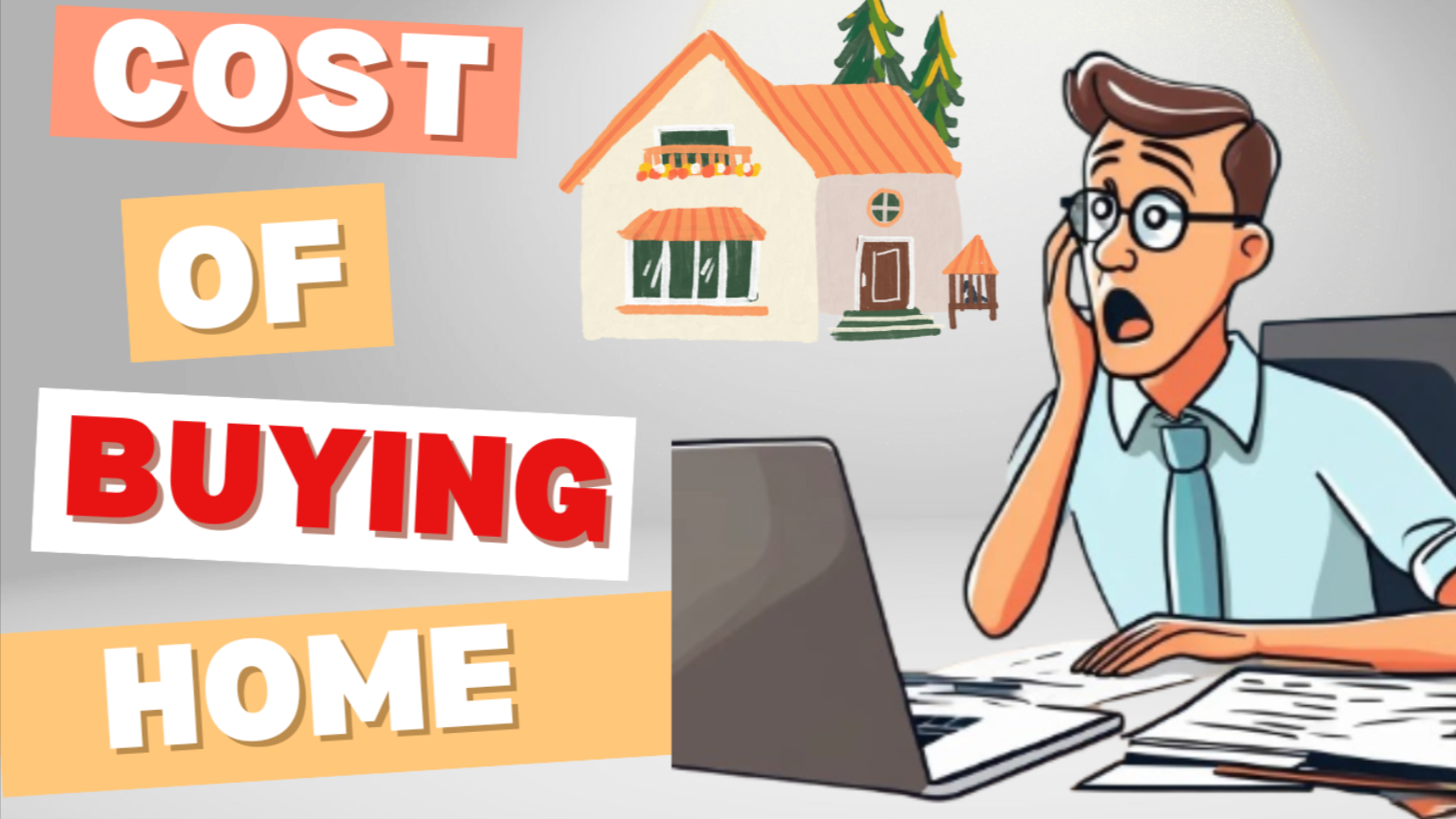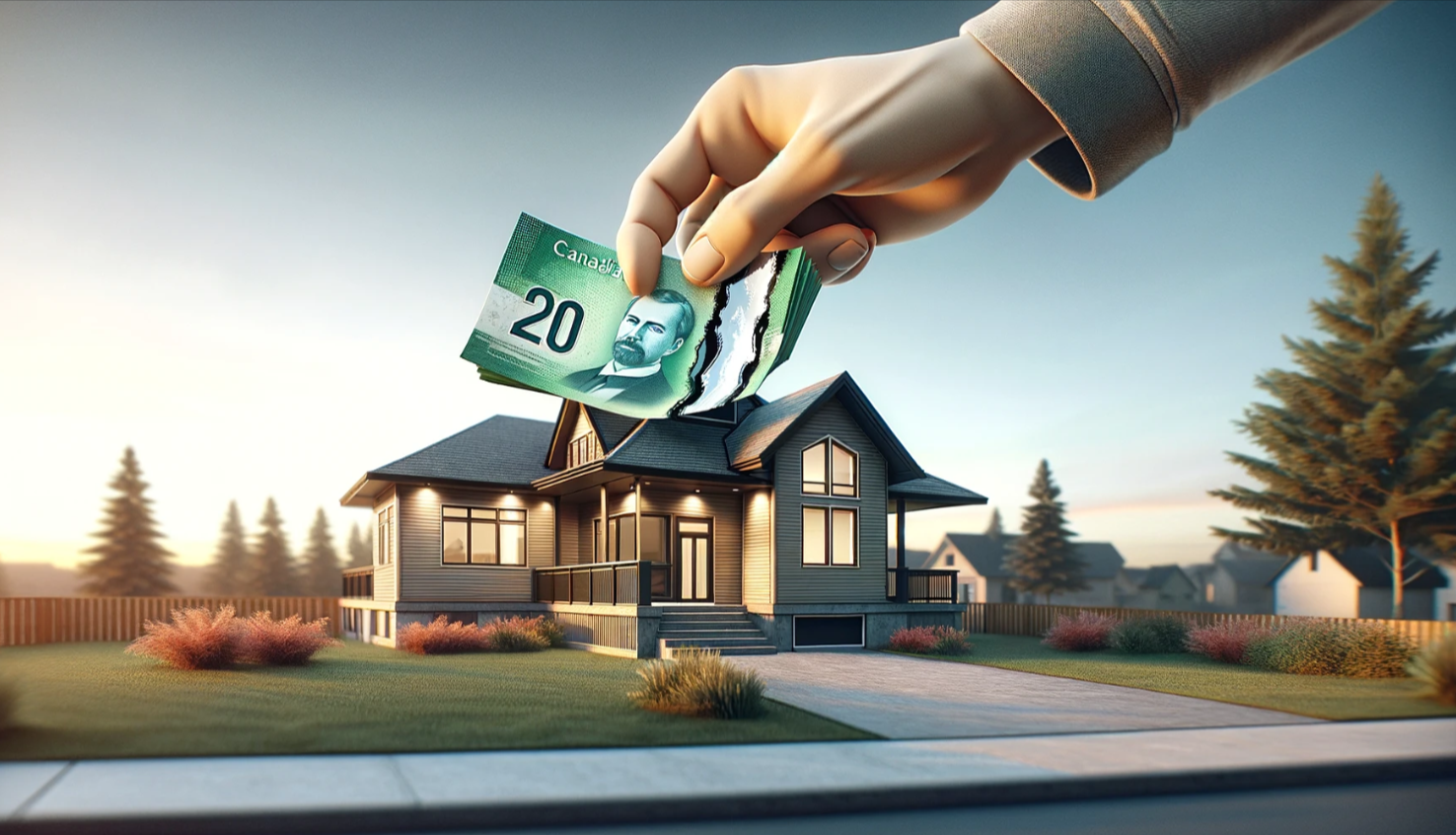Smart Water-Saving Solutions for an Eco-Friendly Home

Water is a precious resource on earth, but in our daily lives, we are often in its wastage. With the impacts of climate change and increasing water shortages evident, many homeowners are seeking ways to conserve water and live in a more sustainable home. The good news, however, is that there exist plenty of intelligent solutions to save water, reduce water wastage, save you some money on your utility bill, and lead a sustainable lifestyle.
The post Smart Water Saving Tips For Eco-Friendly Homes appeared first on Eco Star Solutions and read in full here: https://ecostarsolutions.com/smart-water-saving-tips-for-eco-friendly-homes/ In this article, we will discuss the best smart water saving solutions for eco-friendly homes with practical tips, techniques and technology.
The Significance of Saving Water
Now, before I move on to smart water-saving solutions, let us first comprehend why saving water is important:
- Decreases Utility Bills: The less water used, the lower your monthly utility bill.
- Keeps Natural Resources Safe: Freshwater sources are limited, and saving water keeps a sustainable supply of safe. Final Note
- Saves the Environment: Less waste of water means less energy consumption and less pollution from the water treatment process.
- Readies for the Drought: Water scarcity is growing and optimizing water usage to make sure there is enough during dry seasons.
It will not only save cost for the homeowners, but also protects the environment through water saving.
1. Home Smart water-saving fixtures
One of the simplest and most effective ways to save water is to upgrade to smart water-saving fixtures — These contemporary material solutions minimize water consumption without sacrificing performance.
- Faucets and Showerheads with Low Flow Rates
- Built to reduce the water flow without compromising the pressure.
- They provide 40%-50% savings in water consumption over conventional fixtures.
Certain types are designed with aerators that disperse air into the water stream, resulting in a satisfying flow with a reduced amount of water.
Dual-Flush Toilets
They provide two flush options: a reduced volume flush for liquid waste and a complete volume flush for solid waste.
Compared Caused by standard Lavatories.
Touchless and Smart Faucets
- With sensors that automatically turns water on and off, conserving water unnecessarily.
- Perfect for kitchen and bathroom to avoid accidental water usage.
2. Outdoor Water Conservation: Smart Irrigation Systems
A notable portion of household water consumption goes to outdoor water use, most commonly associated with lawns and gardens. Smart irrigation systems optimize water use and prevent waste.
- Evapotranspiration-based Irrigation Controllers
- Water according to the weather and moisture level of the soil.
- Adjust according to rainfall and temperature to avoid overwatering.
Drip Irrigation Systems
- Directly water roots, minimizing evaporation and runoff.
- 30-50% less water than regular sprinklers
Smart Sprinklers and Rain Sensors
- Auto pause irrigation during rainfall.
- Smart sprinklers; This is the type of sprinklers which you can control on your smartphone, smart sprinklers allow homeowners to remotely manage watering schedules.
Rainwater Harvesting Systems
- Harvest rainwater for irrigation, for washing and for household use if you can filter it properly.
- Lower the water bills and lessen the dependence on municipal water supplies.
3. Recycling of Greywater for Sustainable Water Utility
Greywater is lightly used water from sinks, showers, and laundry which can be reused for other purposes instead of the traditional use of drinking water. For example, greywater systems provide an efficient way to reuse water.
Greywater Reuse Benefits:
- Decreases pressure on the freshwater resources.
- Reducing the cost of sewage treatment.
- Stays moist without basin watering.
Ways to Use Greywater:
- Use for irrigation: You can filter your greywater and send it outdoors to feed plants.
- Toilet-flushing: The flushing of toilets is often one of the biggest uses of water in-doors, this is why some greywater systems are designed to treat water so it can be used for this purpose, often home implement a greywater system to be able to flush toilets.
- Cleaning: For cleaning before washing patios and open spaces.
A professional installation is recommended so that local regulations are met and proper filtration is provided.
4. Smart Water Leak Detection
If leaks cannot be perceived, thousands of gallons of water are wasted every year and it becomes necessary to pay excess bills and damages to property. With smart water monitoring solutions, leak detection and prevention is made easier.
Smart Leak Detectors
- Identify leaks and alert homeowners via mobile applications.
- Some models will automatically turn off the water supply if a leak is detected.
Water Flow Sensors
- Monitor water usage patterns in the home and inform homeowners of abnormal spikes in consumption.
- Define Where Water is Being Used Most
- Tips for Preventing Regular Maintenance Leaks:
- Regularly inspect faucets, piping, and toilets for leaks.
- To Change Old Washers And Seals in The Plumbing Fixtures.
- Wrap your pipes in insulation to help them not burst during cold weather.
5. The Non-Room Water-Vessel at home
Water appliance consumption makes up a large percentage of the water usage in a family. Selecting the water-efficient models can bring a lot of difference.
- Appliances certified by Energy Star and WaterSense
- Washing machines, Newer washing machines use as much as 50 percent less water than other models.
- Dishwashers: An energy-efficient dishwasher uses less water than handwashing dishes.
- Refrigerators with Water Conservation: Certain smart fridges feature in-built water filters that minimize water wastage.
How To Save More Water At Home Using Appliances:
- Only operate washing machines and dishwashers with full loads
- Have water saver setting to save water while washing.
- Keep appliances regularly clean, so they run efficiently.
- Normal Daily Habits for Saving Water
While smart technology is play, adopting water-saving habits is equally essential. Investing daily small changes of habits will amount to more than a lifetime of savings!
6. Easy Water-Saving Habits
- Switch off the tap — This not just a tip for when washing dishes and but its also the same tip for when you brush your teeth, don’t let water run.
- Wash cars with a bucket: Replace the hose with a bucket to reduce the waste.
- Shorten your shower: Cutting down on shower time (you know those 15-minute showers) by even a couple of minutes saves tons of water.
- Garden Mulching: Soil gives moisture, and reduces the need to water often.
- Recover Cooking Water: Water you used boiling vegetables or pasta can be cooled and repurposed for plants.
Homeowners can further cut down on their water impact by using these simple practices.
7. Water Conservation Incentives and Rebates offered by Governments
Numerous governments and utility operators provide rebates as well as motivations to promote property owners embracing water-conserving modern technology. These rebates are used to reduce the upfront expenditures of making green improvements.
Available Incentives That You Can Use:
- Water-Saving Appliance Rebates: Discounts on dishwashers, washing machines, and toilets
- Imposition of Tax Credits for Rain Water Harvesting Structures: Tax credits are available for rain collect systems in some areas.
- Subsidies for Smart Irrigation Systems: local governments often provide subsidies for smart irrigation controllers.
To capitalize on these savings, homeowners will need to see what is offered in their area.
Conclusion
Not to mention, using everyday water-saving habits and taking advantage of government incentives also helps you go green with your home a lot easier. By implementing these appliances, homeowners will reap the rewards with lower bills, an increased price for their homes, and help conserve the environment.
When we invest in water conservation today we are investing in a healthier planet and more sustainable home for generations to come.



